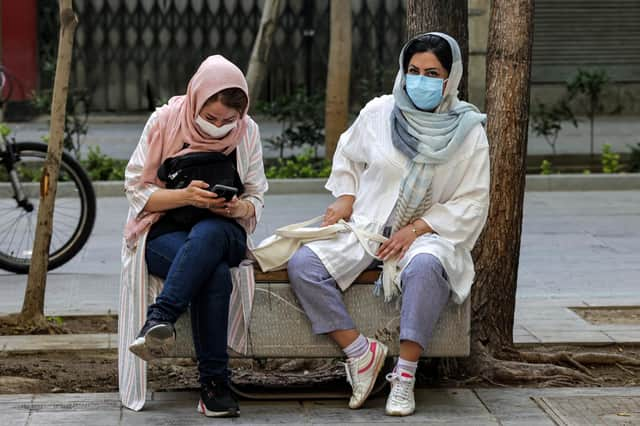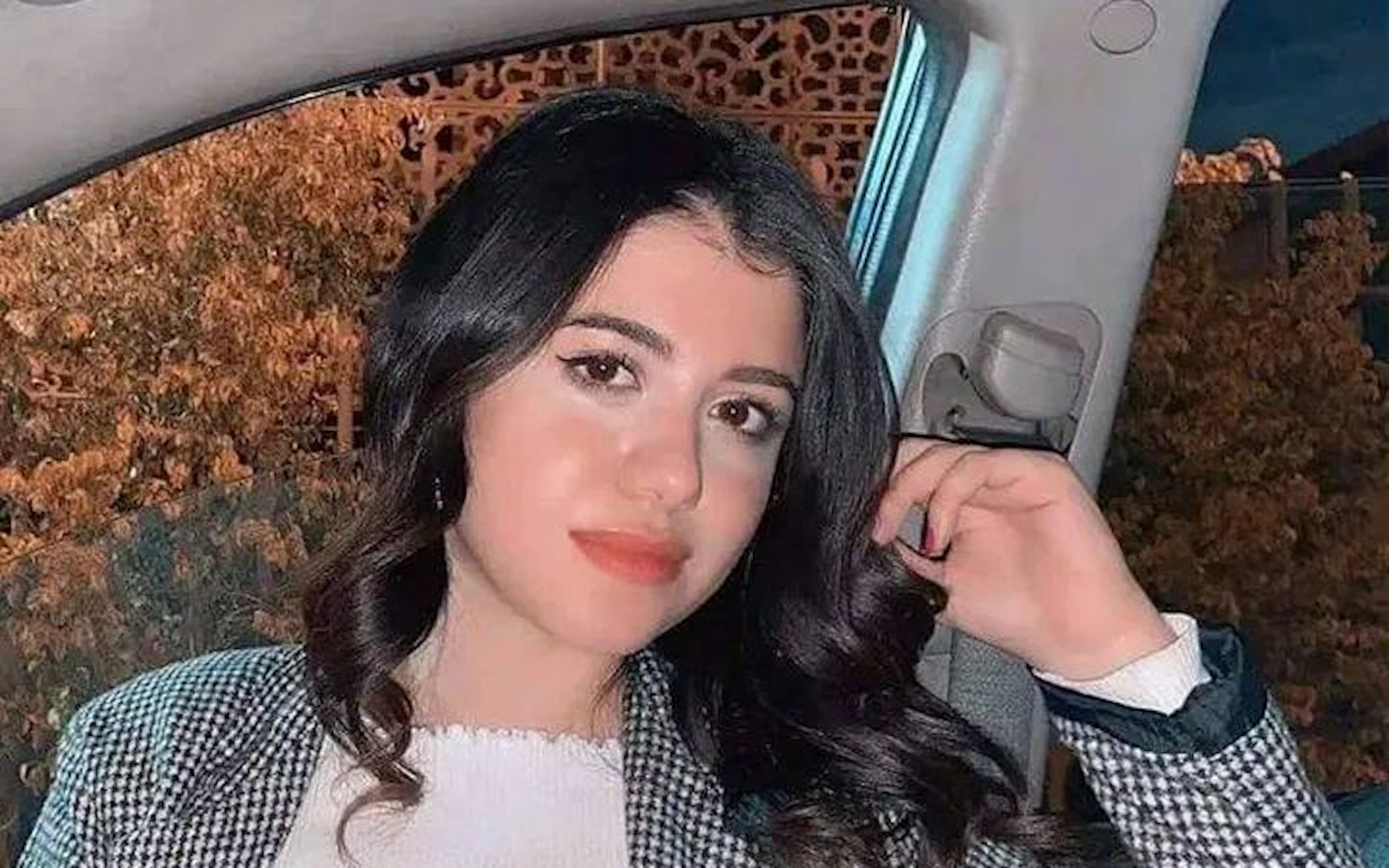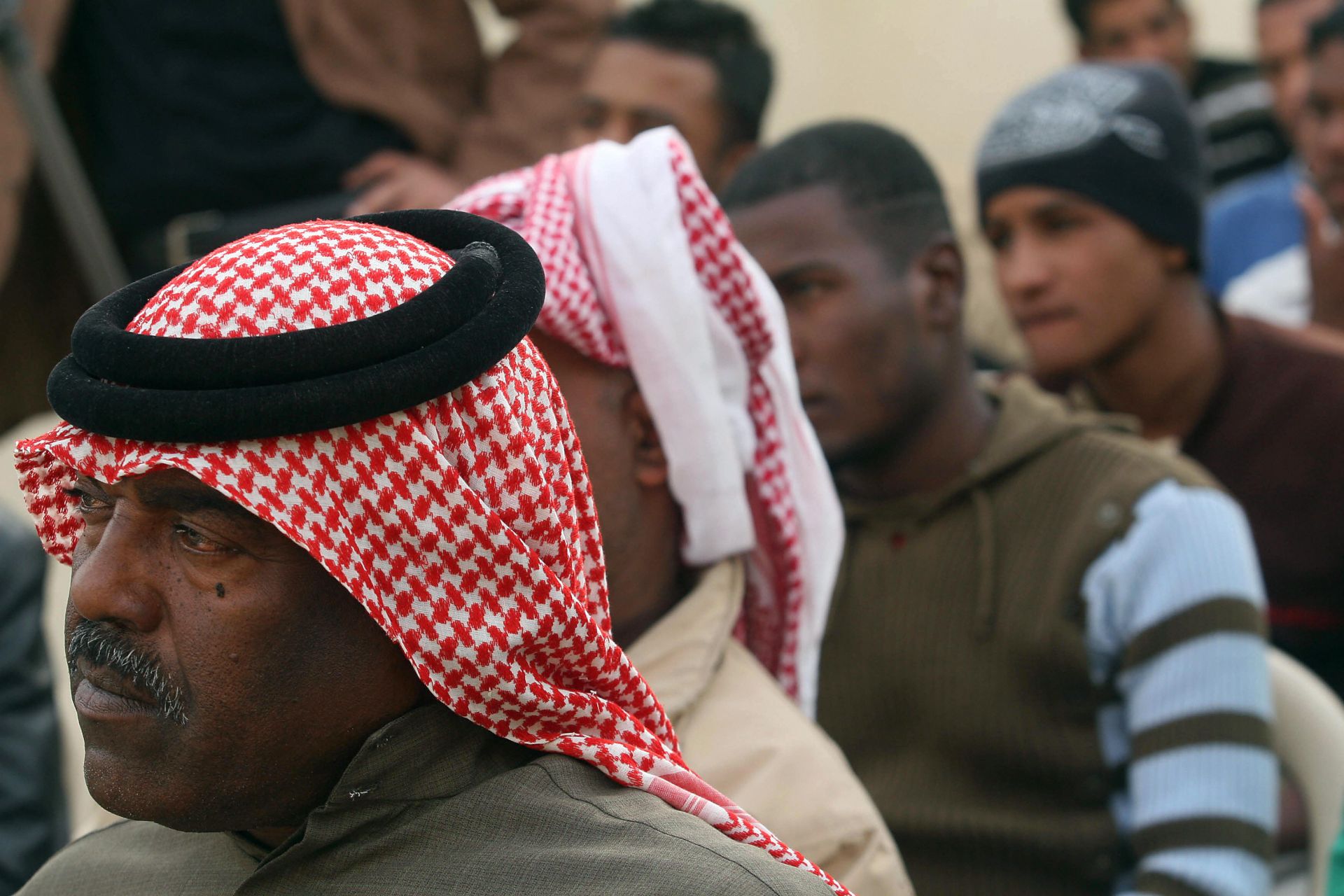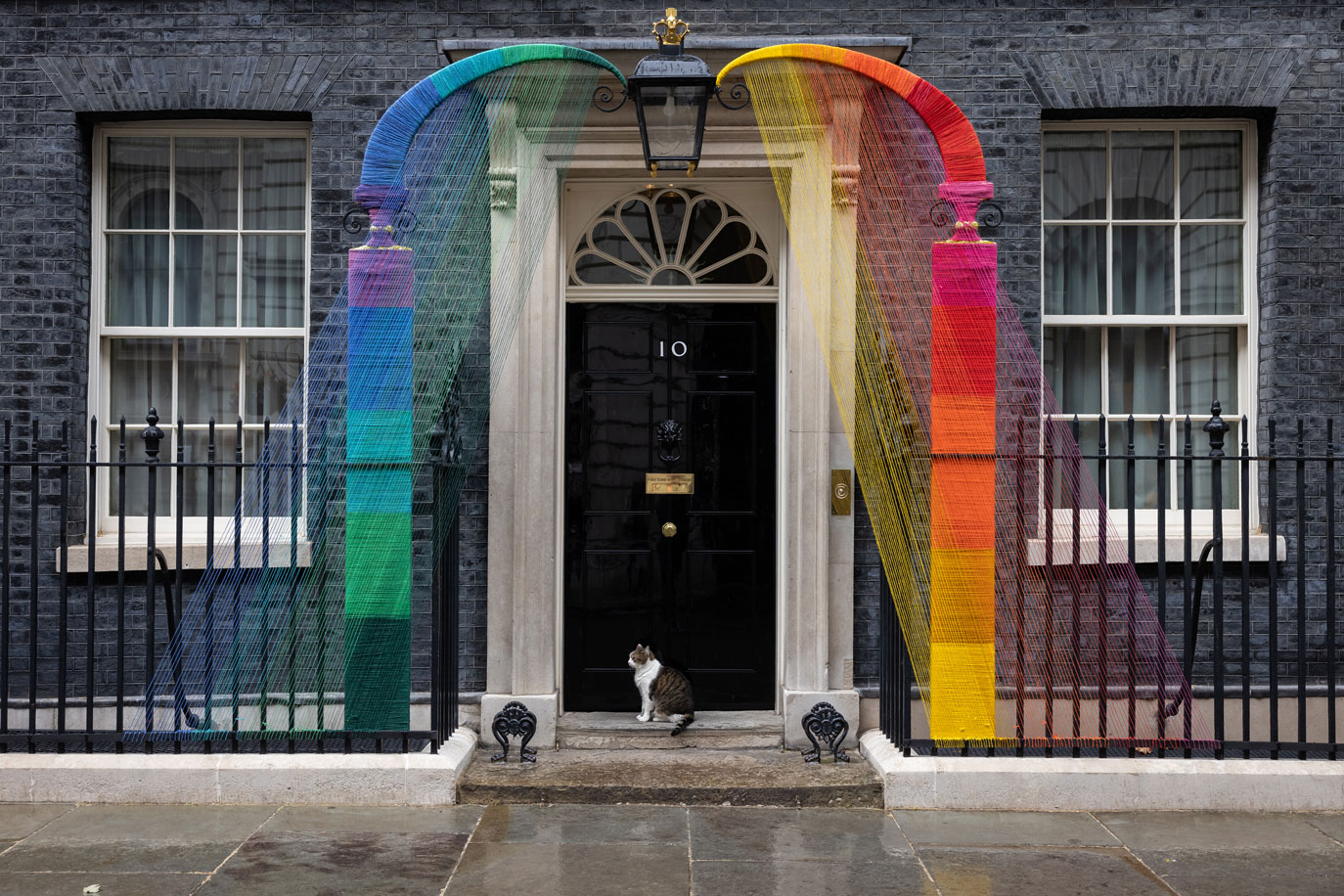The Mass Ethnic Cleansing of Syrian Kurds is Collateral Damage From the War in Ukraine
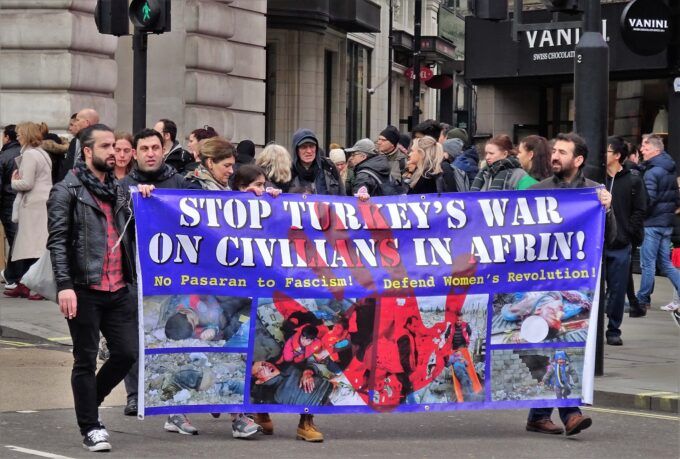
Photograph Source: DAVID HOLT from London, England – CC BY 2.0
Kurds are suffering the greatest collateral damage form the war in Ukraine. Ukrainian refugees attract global attention, but the Ukraine war has opened the door wide to the mass expulsion of two million Syrian Kurds, which is likely to take place in the coming months. Turkey is threatening to complete the ethnic cleansing of Kurds from northern Syria which it began five years ago.
Hundreds of thousands of Kurds have already been forced by Turkish-led forces to flee from their enclaves on the Syrian side of the Turkish-Syrian border. “There is no place for the [Kurdish fighters] in Syria‘s future,” said Erdogan. “We hope that… we will rid the region of separatist terror.” In practice, the Turkish policy during previous incursions into Syria has been to drive out all Syrian Kurds, civilians as well as fighters, separatists and terrorists.
After Turkey lifted its veto on Sweden and Finland joining Nato, the Nato powers are less likely than before to deter Erdogan from a fresh invasion of Northern Syria. In the longer term, they want to recruit Turkey as an ally against Russia.
The US has already largely abandoned the Syrian Kurds to Turkey, though it was they who provided the ground forces that, in alliance with the US, defeated the so-called Islamic State in Syria and lost 11,000 Kurdish soldiers in the fighting.
The Syrian Kurds themselves have no doubt about their likely fate and many are already seeking to escape. Their ethnic cleansing is the most important and tragic piece of collateral damage stemming from the Ukraine war – and one which is being largely ignored by the outside world.
We have interviewed four members of a Kurdish family – father, mother, son and daughter-in-law about their experiences and feelings as they seek to escape the impending Turkish advance for the third time in five years. This time they have been forced to move from the largest Kurdish population centre in north east Syria, Qamishli, to the capital of the Kurdish region in northern Iraq, Erbil. Their sad reflections about their fate mirrors the feelings of refugees everywhere.
Because they face multiple dangers all names, and other information identifying them, have been removed.
The Father
I am 58, married, have six boys and a girl. I was born in Ras al-Ain and lived there till 2019 when Turkey invaded our town. My first displacement was to al-Hassakah where I couldn’t stay for a long time because it was not safe as well, especially after hundreds of thousands of displaced people (IDPs) from Raqqa and Deir al Zour came to the city after the outbreak of the war in Syria.
Hassakah city used to be the centre of the governorate and it used to be safe and well organised, but after big numbers of IDPs came to the city, crimes of theft, looting, kidnapping and murder increased a lot.
Then I moved to Qamishli in 2020 which was safer and much better. I am a tailor. When I moved to Qamishli, I hired a shop and brought my sewing machines and staff and start work. This was my second displacement. My eldest son is living in the city as well, the others are living in Turkey, Kurdistan, Australia and the youngest one is studying medicine in Latakia.
When I moved to Qamishli, I was happy to feel some kind of stability and had a lot of friends and customers. My work was very good over the past two years. I got to know a lot of people in Qamishli. I feel that I am displaced when I remember my house, the big yard and the big sewing shop in the town, but still I am living in my country and understand the people I talk to and the culture is not that different. It is almost the same.
My eldest son is working with news agencies and humanitarian organisations in Qamishli. I am always concerned about my eldest son in Qamishli and the youngest son in Latakia because they are still in Syria, but I am worried most about my elder son in Qamishli, because the situation in the last two years has not been safe, especially after the kidnap of many kids by masked men and the arrest of some journalists who are friends of my elder son.
Furthermore, the financial situation and the basic needs of life have deteriorated. Electricity, fuel, water and bread have not been available for everyone in the past two years.
Apart of all this, there are the Turkish threats on the media all the time and also the drone attacks and explosions in the region as well as the arbitrary detention of many people every day.
It was not easy to make the decision of the third displacement and travel to Erbil. Our life has been like a train which runs slowly and stops at many stations. At every station we stop, we get to know people, neighbours, friends… and we start to feel comfortable that we are staying at this station, but suddenly we receive a push from the back to run. When you have a long break, it is not easy to do so again. We are not machines. Every break and every new flight consumes a lot from our souls, emotions and also our bodies.

My elder son tried for months to convince me to leave the country. He told me that we need to have passports and some other documents and paperwork. I didn’t have the morale to do all these. He was preparing everything for me. He prepared the passports documents for me and his mum, then he bought visas to Kurdistan, then he bought flight tickets.
I have been working in Qamishli for two years, and I could only save $2,000 (£1,700), and my elder son could save $5,000 only. Two passports for me and his mum, and four passports for him and his wife and kids, each passport costed $500 (total $3,000), while it used to cost only $20 before the war, then each visa $250 (total $1,500), then residencies in Kurdistan for one year, each $600 (total $2,500), so we spent all our savings just to move to Kurdistan.
I remember when we packed our bags and headed to Qamishli airport and when the plane took off, I was looking at the city from the plane’s window. I felt we were the souls and the homeland was the body. I felt like a death when souls separate from the body, but the souls are supposed to be in heaven or in paradise, but our souls are flying but suffering.
I already experienced the feeling when we were forced to leave our home town in 2019 and then we heard that somebody from a far place (Deir al-Zour, Ghouta, Aleppo) was living in our house while we were looking for a house to rent or living in a tent. I am feeling the same now when we were getting far from the homeland in the plane.
I am sure the Turks will invade the remaining towns of the region and their militias will occupy our houses. It is very hard when you already have a wound bleeding and when this wound hasn’t healed yet, another stab comes to the same wound.
I was travelling with my wife, my elder son’s wife and his kids (aged six and four). The elder boy asked me, where are we going, I answered him that we are travelling to spend the vacation with your uncle’s kids. The kids were happy. I hope they grow up in another country and don’t see all these conflict and tensions that we are having in our souls and thought.
When we landed in Damascus, I felt a hint of hope that we are still in Syria or that we may not leave our homeland, but again there is a flight from Damascus to Erbil. The wound is still bleeding. We landed in Erbil on 2 May in the evening.
My sons came to the airport to greet us. I am in Erbil now, the language is different and I can hardly understand the Kurdish dialect (Sorani) that people in Erbil speak. Everything here is different. I need years to get used to this country, but we are tired of displacement. I hope this is the last displacement.
The Mother
I spent more than 40 years with my husband to build our house. Every piece of furniture in our house has a story of hardship and how we bought it. When I left my home town in 2019, I was terribly sad and got sick. People say they are mere material and you can buy others when you move to another place. No, those materials have souls, memories and stories. Even the dishes, spoons, glasses have stories and memories.
Turks are taking our home and give it to thieves and monsters and strangers from Deir al-Zour and al-Sfera [a town in Aleppo countryside where the Turish-backed Sultan Murad group came from] who are killing people just because they are Kurds. I never had hatred or enmity against Arabs who have been our neighbours and friends for decades, but those strangers are different. They are taking our houses.
I am traveling to Erbil to join my kids and hope living close to them will relieve the pain of exile and homelessness. I hope if Turkey takes Qamishli don’t hear any news about our house there.
The daughter-in-law
I am very sad and exhausted to leave my home empty-handed. I got married eight years ago and my husband has been working for about 20 years and finally managed to buy a house in Qamishli four years ago and a car last year, and now we are leaving everything behind us. Nobody in the region will buy or sell properties so it is as if my husband has been working for 20 years to offer all his efforts to strangers.
Turkey will come to our region and will give our houses to strangers as gifts. I left the country not only because the Turks will invade our town, but because my kids would be growing up in a war-torn land which is not safe for them. In the past two years, there were many kids kidnapped by armed groups. A relative of mine last year lost her son who was about 12. He was kidnapped by an armed group and so far he is lost.
My neighbour also lost her daughter a few months ago. She was 15 and one day the family woke up and didn’t find their daughter. After searching for her, it turned out that she was taken by the armed group of youth revolutionaries [a PKK-affiliated group conscripting children in northeast Syria]. The family could know where their daughter was, but the armed group refused to return her, and then I heard that the girl was transferred to Qandil mountain in Iraq [where the PKK are training their fighters].
Every morning my husband is taking my son to the school and in the afternoon he brings him back home. My younger son sometimes wants to play in the street below our building, but I cannot let him go out. There are men in big cars kidnapping kids from the streets and selling their organs. A relative of mine in Derik lost her eight-year-old son in Derik about six months ago and later she found her son dead, slaughtered and his organs were taken. His body was found on the outskirts of the Tigris River near the town of Derik.
This is why I moved to Erbil, at least it is safer than Rojava.
I am worried about my kids and husband all the time. About eight months ago, an armed group arrested a journalist who was a friend of my husband and after he was set free, some officials promised him that it was a mistake, but later on he was arrested again and tortured, and his family paid a lot of money to set him free.
The Son
I am really exhausted and don’t know what to say. I think what my family said explain something of what is happening in the region now.
